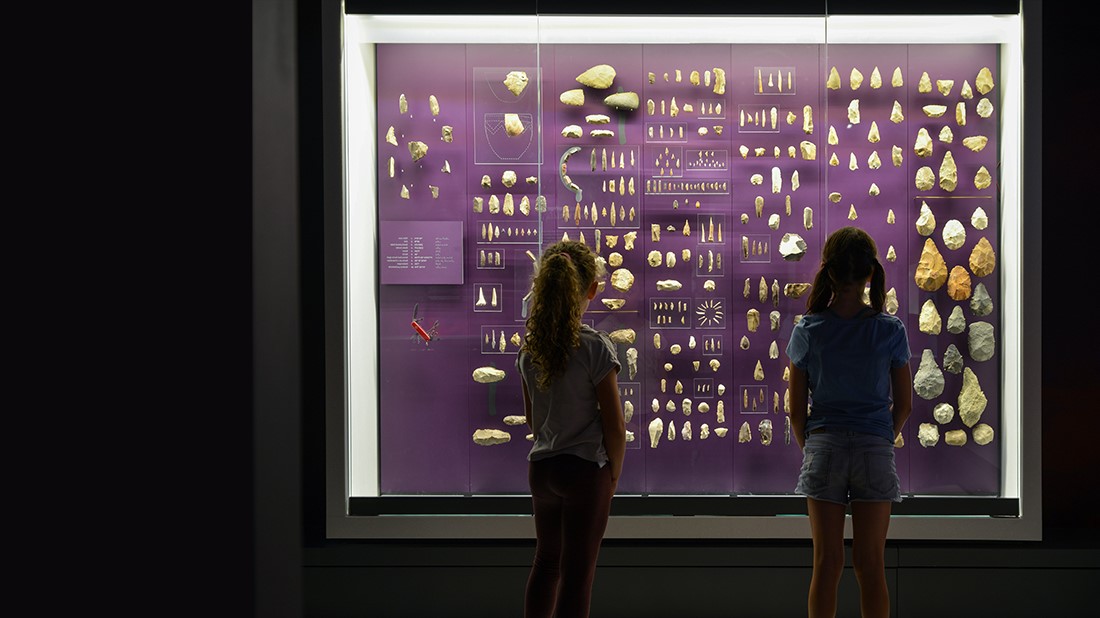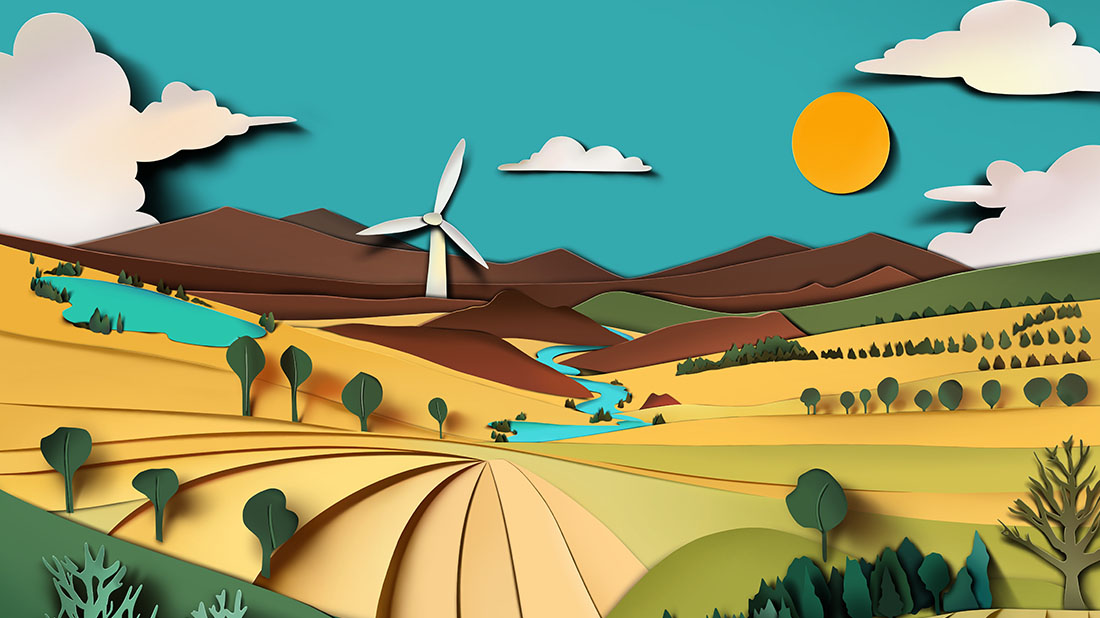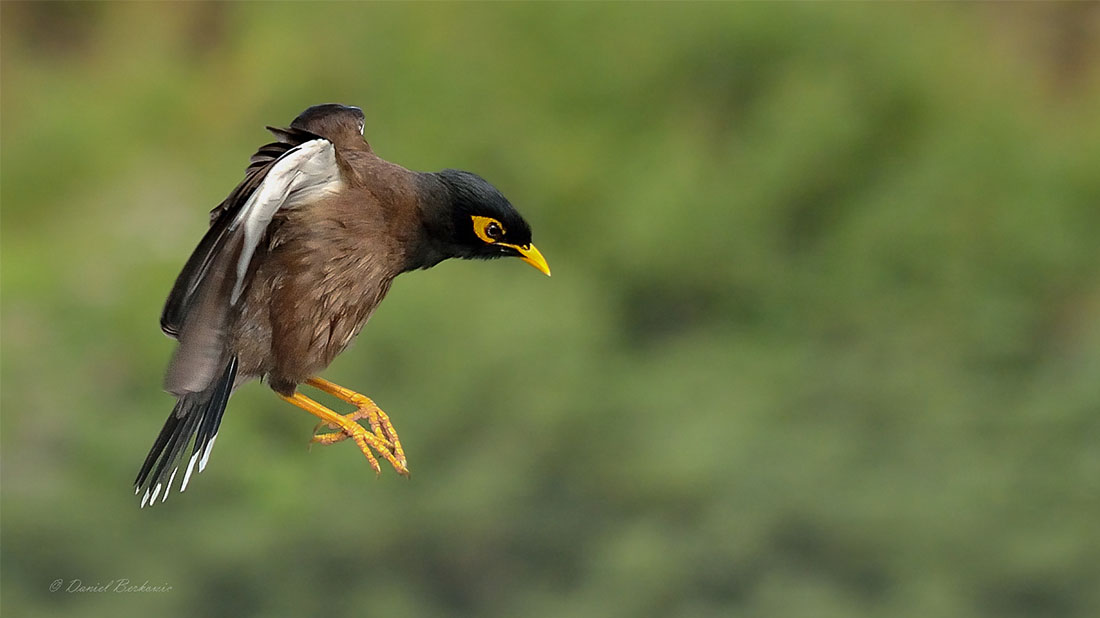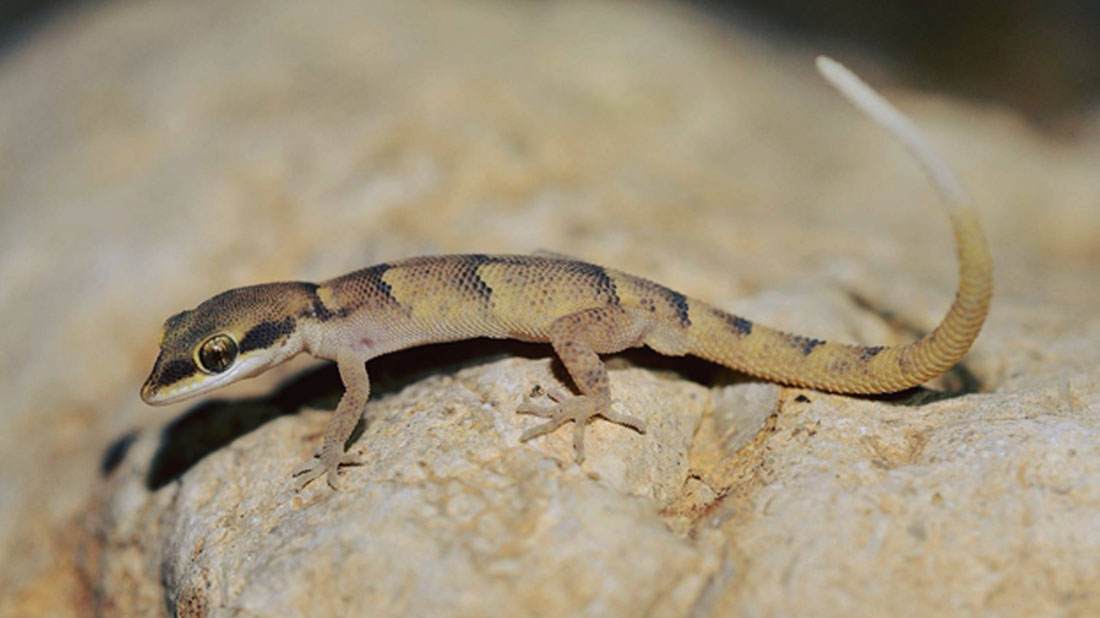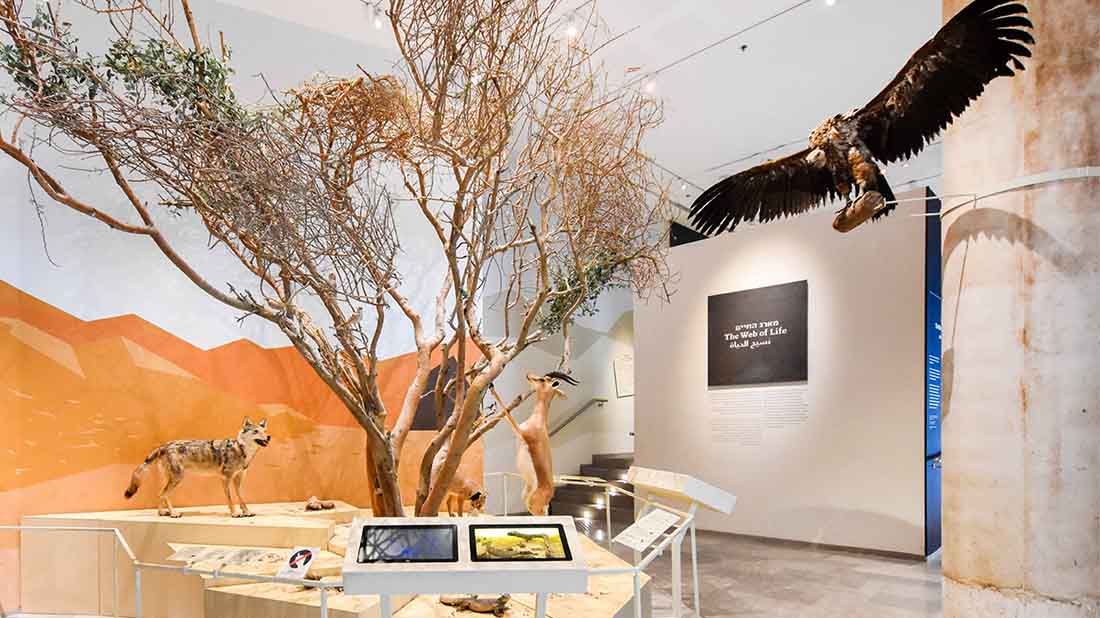The International Day of Women and Girls in Science is commemorated annually on February 11th, with the aim of encouraging women to study science. This year we approached female scientists, researchers and educational and scientific communications staff members at the museum and asked them for their advice for women and girls taking their first steps in the field.
Dr. Daniela Bar Yosef:
I am an archaeologist, and many times I have heard women say that they avoided learning archaeology because “it’s not a women’s profession”. This is wrong. There are thousands of female archaeologists around the world, some researching in excavation sites, others in laboratories. Follow your dreams, study what you love and only then decide if you want to make it your profession or not. In the photo: Me, in a field lab outside of Manot Cave (a cave in the Galilee, where remains of ancient humans were discovered).
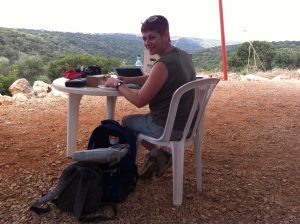
Dr. Daniela Bar Yosef, Manager of the Fossil and Archaeomalacology Collection
Prof. Tamar Dayan:
What can I recommend to girls who are interested in science? Be brave and curious. Be leaders. Don’t hesitate to ask, criticize or cast doubts. Let yourself make your own professional decisions based on scientific knowledge but also based on your gut feeling and with courage! And always remember that science has value in and of itself but it has greater value when it contributes to society.
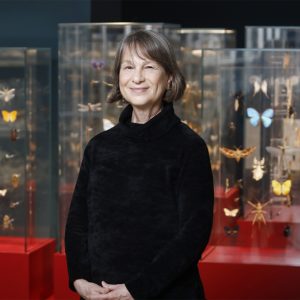
Prof. Tamar Dayan, Chairperson of the Museum. Photo: Yael Tzur
Adi Weiss:
If there is a subject you would like to study and learn more about, whether it’s the most mundane or whether it’s a question that suddenly popped into your head – find out who works on it and try to find a way to volunteer with them. An apprenticeship with an expert is worth its weight in gold. The advice, ideas, and innovations they’ll share with you can inspire you to study the subject and find answers to questions that no one has examined before. In the photo: Me, studying aquatic habitats in the field.
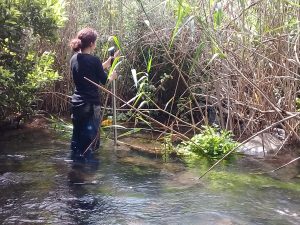
Adi Weiss, lab technician, National Center for Aquatic Ecology
Avital Katz:
From a young age I loved the environment. The field of environmental studies is relatively new, and although it does not enjoy the same veneration as medical sciences or biotechnology, it is a developing field with an immense impact on our lives. Although rivers had always interested me, I didn’t think I would work in the field professionally. I studied and learned to love the combination of working in the rivers, becoming familiar with the unique animals, and assisting municipalities in improving their rehabilitation plans for rivers, and protecting the unique animals that live in them. My advice: it’s important to be open to new directions, ask questions, accept criticism, work hard, challenge yourself, and the most important – enjoy yourself along the way.
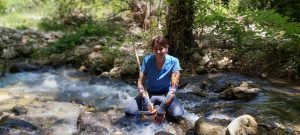
Avital Katz, Manager of the Ecological Database and Process Control, National Center for Aquatic Ecology
Dr. Merav Meiri:
When I look at the path I have travelled, the thing that guided me in choosing my profession was to study what interested me, what spoke to me, and the desire to succeed and work hard that burned inside me. I still remember that in the beginning, during my BSc, I was told: “What will you do with a degree in biology and chemistry; shouldn’t you rather study engineering or accounting?” In my opinion, the idea of studying something that gives you a profession at the end is wrong, because then you might not necessarily choose what interests you and your motivation will drop accordingly. Don’t be scared to dream and to dare, who knows where it will take you? I am fortunate to live in a time that allows me to do what I like to do the most, and that is to learn and work in science. I am most grateful for this and do not take it for granted. In the photo: Me, in the lab, extracting DNA from archaeological materials and learning about a range of topics such as immigration, domestication, and taxonomy.
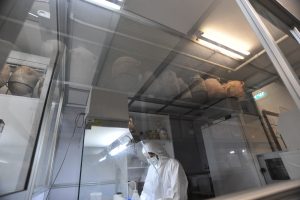
Dr. Merav Meiri, Curator of the Archaeobiology (ancient DNA) Collection
Dr. Elizabeta (Liz) Morgulis:
The advice that I can give is simply to continue, despite everything. Even if there are people, including relatives, who tell you it’s disgusting or boring, or even “not feminine”. If you really love the field – continue and work as hard as you can.
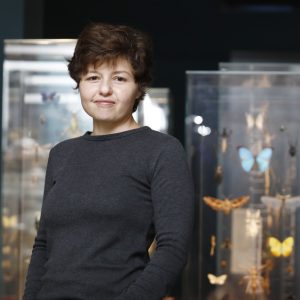
Dr. Elizabeta (Liz) Morgulis, Manager of the Diptera Collection and responsible for rearing live arthropods. Photo: Yael Tzur
Dr. Noga Sokolover:
If there is a field that interests you, go with it, step by step. You don’t have to look at the end and measure and plan the level of success; just advance to each stage and check with yourself if it still interests you, and if you want to advance to the next stage.
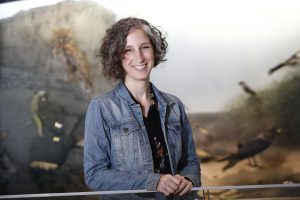
Dr. Noga Sokolover, Manager of the Bryozoa and Echinoderm Collection. Photo: Yael Tzur
Irit Sidis:
I am an educator, so my advice is for parents and educators: pay attention to feedback. Positive feedback can definitely raise your confidence, but it also conveys our expectations. Some compliments such as “you’re pretty and amazing”, which convey to girls our expectation that they should work on their looks, can be replaced with compliments such as “you’re smart and talented”, which convey to girls our expectation that they should work on their learning skills. Give girls the opportunity to explain (for example, how she chose the colors in her picture, what technique she used to build the puzzle). Tell her what you learned from her explanation that you didn’t know before. Then together you can discuss the technique you use to perform the same task, and think together about which technique is better to use and why. This approach gives girls the tools to improve their arguments and teaches them how to deal with opposing arguments. Make sure that the division of chores at home is egalitarian and not stereotyped. Both boys and girls can look after siblings, wash the dishes, fix the wall, and top up the water for the car’s windscreen wipers.
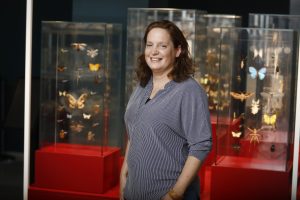
Irit Sidis, Museum Guidance Manager. Photo: Yael Tzur
Dr. Sigal Sheffer:
Be as independent as you can be, free yourself from dependence on outside factors; but don’t hesitate to ask for help when you need it.
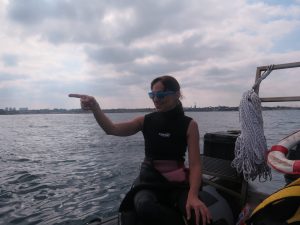
Dr. Sigal Sheffer, Manager of the Sponge Collection
Ori Frid:
Be as independent as you can be, free yourself from dependence on outside factors; but don’t hesitate to ask for help when you need it.
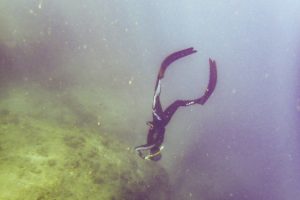
Ori Frid, Digital and Applied Science Communication. Photo: Shahar Haikin


